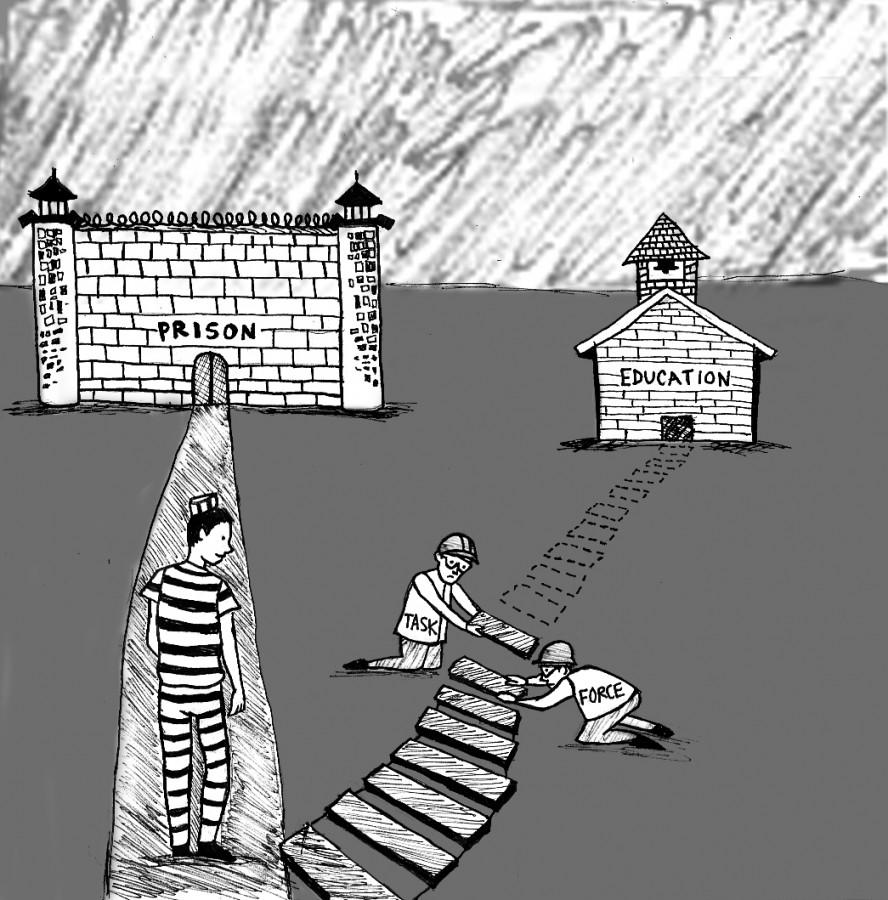Educational opportunities
Lower recidivism, more jobs mean safer communities for all
Nov 18, 2015
The proven success rate of incarcerated individuals who turn to education while in prison, or once out, cannot be neglected by the district.
According to a 2013 report by the RAND Corporation, entitled “Evaluating the Effectiveness of Correctional Education,” it states that receiving correctional education while incarcerated reduces an individual’s risk of recidivating — which means being sent back to prison.
A key finding in the report concludes that inmates who participate in correctional education programs are 43 percent less likely to recidivate than those who did not.
And the authors of the RAND report found that inmates receiving correctional education had better chances of employment after their release.
The Contra Costa Community College District’s plan to create a Current and Formerly Incarcerated Youth and Adult Task Force supports the idea that those in prison should have an opportunity to live all while minimizing incarceration rates through educational programs.
These programs will benefit individuals seeking to reconstitute themselves into society and their families after years spent in prison.
The districts’ plan is to minimize the disproportionate incarceration rates of low-income African-American and Latino students by establishing education programs for inmates and formerly incarcerated students.
While the task force is still in the early stages, The Advocate commends the district for promoting rehabilitation instead of deterring or retribution tactics — the main principles of the current prison industrial complex.
The committee tasked with reviewing issues and opportunities related to offering student support services and instructional programs for currently and formerly incarcerated youth and adults needs to ensure that the approvals of these programs are not biased, stigmatized decisions.
Negative connotations must not undermine equal access, especially if it involves limiting the formerly incarcerated to certain courses.
But the task force already has four models designed to integrate with its support services and instructional programs that will provide people opportunities to fulfill a jail or prison sentence by participating in an educational program.
It is crucial that this task force foster on-campus support for formerly incarcerated students with additional support services through the EOPS and DSPS programs at Los Medanos College, Diablo Valley College and Contra Costa College.
Almost all of these potential students will go through the EOPS program when arriving at college and the strength and backing of this service has to be solidified as a foundation.
The task force has to make sure its recommendations correlate with an easy transition to an educational pathway at anyone of its three colleges when it presents to the Governing Board on Dec. 9.


